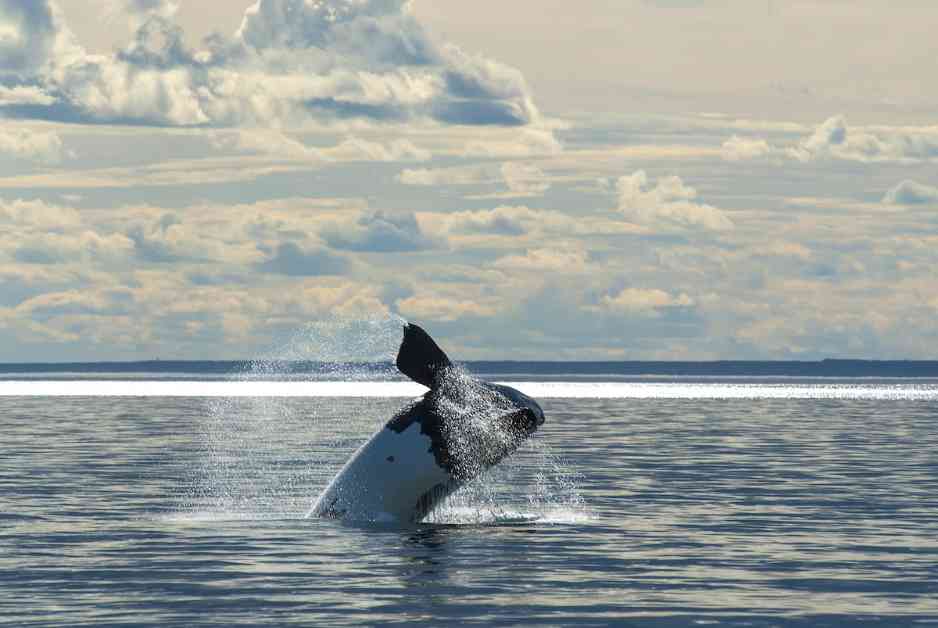The lifespan of whales has always been a topic of fascination and mystery for scientists and marine enthusiasts alike. Recent research has shed new light on the longevity of the majestic creatures, particularly the right whales, revealing surprising findings that challenge previous assumptions.
The Long-Living Right Whales
A recent study conducted by researchers from the University of Alaska Fairbanks has caught the attention of the scientific community. Contrary to previous beliefs, the study suggests that right whales, much like their bowhead cousins, can live for more than 130 years. This revelation has significant implications for our understanding of these magnificent creatures and underscores the importance of conservation efforts to protect their populations.
Insights from Indigenous Subsistence Hunters
The research team collaborated closely with Indigenous subsistence hunters from Utqiaġvik, Alaska, to gather valuable insights into the lifespan of bowhead whales. By using chemical analysis of bowhead whales that had been killed, the researchers were able to demonstrate that these creatures can live for more than two centuries. This groundbreaking discovery challenges conventional wisdom and highlights the need for further research to uncover the secrets of these enigmatic animals.
Human Impacts on Whale Lifespans
Associate professor Greg Breed, the lead author of the study, emphasized the stark differences in lifespans between bowhead and right whales. North Atlantic right whales, in particular, face numerous challenges that significantly impact their longevity. Factors such as entanglement in fishing gear, collisions with ships, and starvation due to environmental changes have contributed to the relatively short lifespan of these whales. Breed’s insights shed light on the complex interplay between human activities and the health of whale populations.
Looking Towards the Future
The implications of this research extend far beyond the realm of marine biology. As we strive to protect and conserve whale populations, it is essential to consider the cultural knowledge and behavioral patterns that these animals pass down through generations. Breed’s observations highlight the interconnected nature of conservation efforts and underscore the importance of preserving not just the physical well-being of whales but also the rich cultural heritage they embody.
In conclusion, the study’s findings offer a glimpse into the extraordinary lives of whales and the urgent need to safeguard their future. By unraveling the mysteries of these ancient creatures, we gain a deeper appreciation for the delicate balance of life in our oceans and the critical role that each species plays in maintaining ecological harmony. As we continue to explore the depths of our natural world, let us remember the wisdom that whales impart through their long and storied existence.














